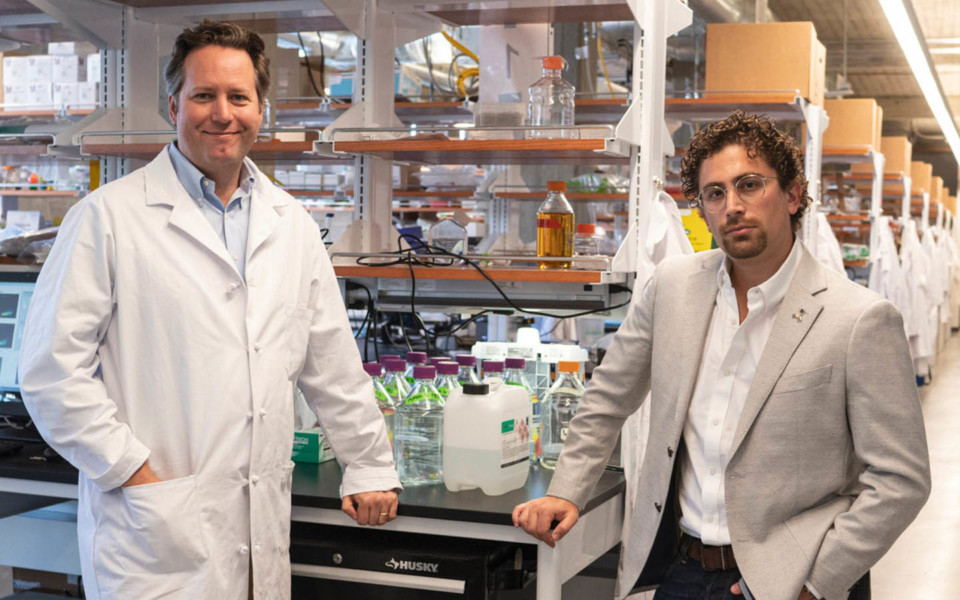The latest Jennifer Doudna startup launches with a Biogen partnership and eyes on big targets few CRISPR companies have chased
Three years ago, Jennifer Doudna gathered with two postdocs and a fellow biochemist around a circular table on the second floor of UC Berkeley’s Energy Biosciences building, where they tried to answer a question: What, precisely, would the best gene editor look like?
By that point, a slate of startups had launched to turn CRISPR-Cas9 into drugs, diagnostics and crops. But researchers at Berkeley and elsewhere were turning up new enzymes that were smaller, more versatile than the original Cas9 – enzymes that, if engineered correctly, could solve some of the challenges early CRISPR research had faced. They decided to take one of them, called CasX, and try to use it in an area that had long been black hole for both pharma — neurodegeneration.
“We were very excited about…. the potential for those enzymes to be effective genome editing molecules if they could be made to be efficient,” Doudna told me. “We saw just an incredible opportunity there, not many others [were] focusing on this kind of marriage of technology and biomedical need.”
The four – Doudna, postdocs Benjamin Oakes and Brett Staahl and biochemist David Savage – founded a company around that question and now, millions of protein variants and a $20 million Series A later, they’re ready to take it out of stealth as Scribe Therapeutics. Though relatively late to the CRISPR gold-rush, they’re focusing on a field that few other gene-editing upstarts have tried to tackle and they’ve already landed a a significant backer in Biogen, who has chipped in $15 million upfront and another $400 million in milestones to team up on a genetic form of ALS.


